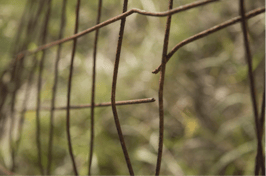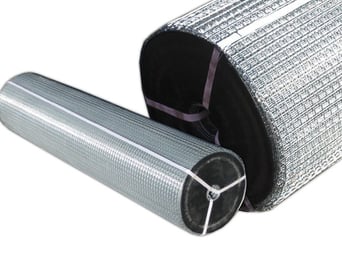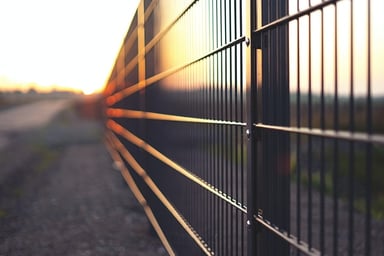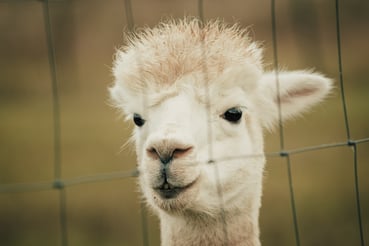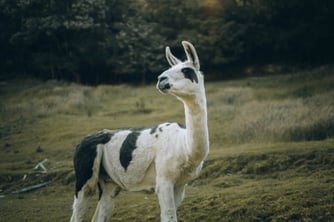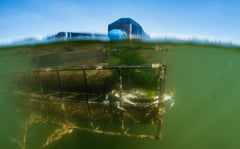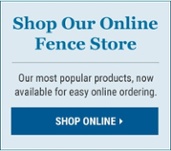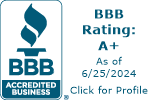Some Very Handy Tips
Wait for it! Some excellent hands-on help with managing hardware cloth.
Hardware Cloth is great for a variety of different applications, including:
- aviaries
- window guards
- screen door reinforcement
- exclusion screens for nuisance wildlife
- small animal cages
- shrub and tree protection
- sieves and strainers
- stucco mesh
- ferro-cement boats
- sculptures and other structures
These wire cloth meshes are not just available with galvanized-after finishes--hardware cloth is also available with vinyl-coated and stainless steel finishes.




